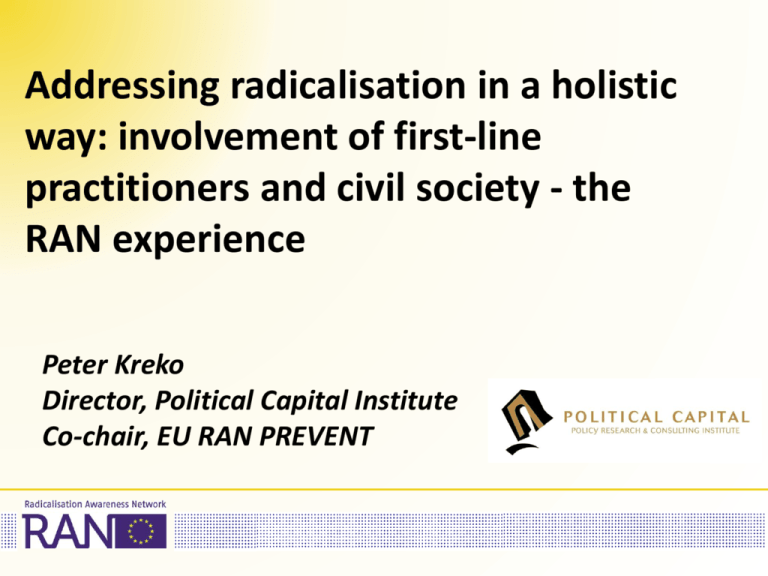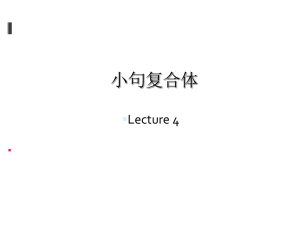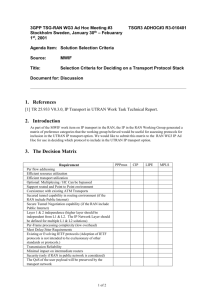Peter Kreko
advertisement

Addressing radicalisation in a holistic way: involvement of first-line practitioners and civil society - the RAN experience Peter Kreko Director, Political Capital Institute Co-chair, EU RAN PREVENT 9/9/2011 : Official RAN start “ The purpose of the network is to identify good practices and promote the exchange of information and experience in different fields of violent radicalisation. This network will work towards countering radicalisation before it leads to violent extremism” Cecilia MALSTROM EU Commissioner for Home Affairs Background and progress of RAN 2 Internal Security Strategy Strategic Objectives Actions International networks Empower communities Prevent terrorism and address radicalisation Cut off access to funding Cyberspace Protection of transport Border Management Crisis & disasters RAN Network of Networks RAN POL RAN Health RAN Prevent RAN SC RAN P&P RAN DERAD RAN TAS RAN INT/EXT RAN VVT RAN @ Achievements of RAN since April 2012 • 8 WGs were set up, led by two practitioners each • These 8 WGs organized 26 meetings with 500+ practitioners • Over 1,300 practitioners connected to RAN, of which 1,000 participated at RAN activities. - In current year 3 of RAN 45 activities are planned - Such activities are in all regions of the EU, and there are RAN participants from all 28 MSs. - Collection and reviewing of 60+ promising practices, and drawing lessons learned from these. - RAN Support to MSs in coming months include train the trainer sessions in 5 MSs, 3 workshops on exit strategies with 13 MSs, RAN expert teams to 3 MSs (and room for 2 more) and supporting the setting up of national groups in 3 countries ( and room in 3 more). RAN Recommendations Overall recommendations (the ‘RAN DNA’) • Prevention is key, repression only is not enough • Front-line practitioners are key, policy makers and researchers alone are not enough • NGOs, communities at risk, victims and formers are key, institutions alone not enough • Local is key, the transferring of promising practices requires adapting these practises to local circumstances. Central, top-down strategies are not enough (e.g. AQ in UK, hate crimes in CEE, neo Nazi in Germany, anarchists in Greece, foreign fighters in Belgium) Current threats in global context • IS and the Foreign Fighters • The Middle East conflict • The conflict in Ukraine Thank you for your attention! kreko@politicalcapital.hu






